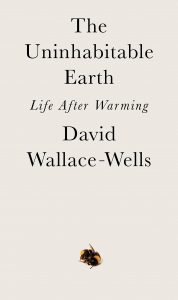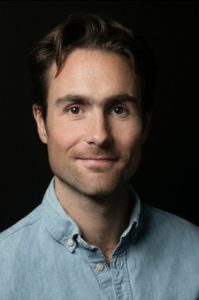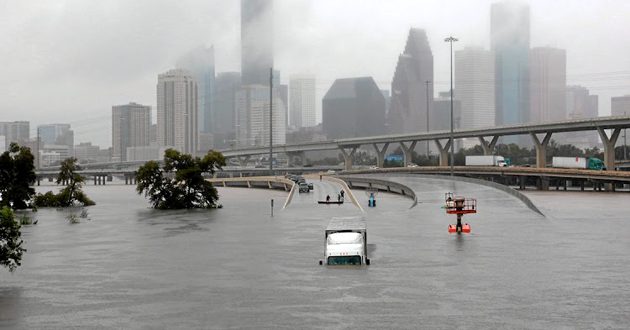Podcast: Play in new window | Download (Duration: 59:00 — 57.3MB)
 We fight over beliefs because we truly do not believe, or are not certain. And this is one tenet of the so-called enlightenment, when industrial age philosophers taught us that we cannot be certain of anything, specifically the cause of an effect. And that observable repetition is not proof of continued repetition…because the sun shines today and yesterday and every past day of our lives does not mean it will shine tomorrow.
We fight over beliefs because we truly do not believe, or are not certain. And this is one tenet of the so-called enlightenment, when industrial age philosophers taught us that we cannot be certain of anything, specifically the cause of an effect. And that observable repetition is not proof of continued repetition…because the sun shines today and yesterday and every past day of our lives does not mean it will shine tomorrow.
But these are arguments more about how we know what we think we know, what we think we cannot know, and what is even unthinkable.
The peculiar joke about the certainty of death and taxes is instructive as it is one of the clearest lessons of subservience: we should resign ourselves to the whims of unanswerable forces.
But there is a trick in that…one of those forces is unanswerable, the other is not. Humans can affect the world we make even while we may not be able to control the consequences of these interventions.
Taxes are an element in the story of governed living that need not exist; death is the absolute governor of human life. It is a gross error to conflate these two. We must acknowledge we have the power to alter human systems of living even as we lament our unavoidable deaths.
And there’s the saying that it’s easier to imagine the end of the world than the end of capitalism. But we must imagine this end if we are to come near to avoiding the other. Which is to say, we must end a human fiction if we are to survive the fact of climate warming.
Today we must confront a certainty, an apocalyptic without a moral, a reckoning without a judge. Our planet has been warming and will continue to warm at a rate that guarantees mass suffering and catastrophe as quotidian, which in fact they already are. And we must confront the certainty of human agency in this fact; burning fossil fuels has brought this into existence. Worse is the fact that over the last several decades we have burned our world with full knowledge of that fact and the likely outcome.
We are aboard a black ship to Hell – which is the title Brigid Brophy’s 1962 treatise on humanity’s self-destructive instincts, illustrating what Freud had called the death drive.
 Joining us today is David Wallace-Wells, deputy editor and climate columnist for New York Magazine, and author of the new book The Uninhabitable Earth: Life After Warming, an expansion on his clarion call essay of the same name in the July 2017 New York Magazine.
Joining us today is David Wallace-Wells, deputy editor and climate columnist for New York Magazine, and author of the new book The Uninhabitable Earth: Life After Warming, an expansion on his clarion call essay of the same name in the July 2017 New York Magazine.
Wallace-Wells begins his book this way: “It is worse, much worse, than you think.”
RELATED by David Wallace-Wells
“The Uninhabitable Earth”
“Los Angeles Fire Season Is Beginning Again. And It Will Never End”
“The Cautious Case for Climate Optimism”
INTERCHANGE: Don’t Pull No Punches: Dahr Jamail on the End of Ice
MUSIC
“Waiting for the End of the World,” Elvis Costello and The Attractions
“Kyoto Now,” Bad Religion
“Monkey Gone to Heaven,” Pixies
“Down to the Wire,” Son Volt
CREDITS
Producer & Host: Doug Storm
Executive Producer: Wes Martin
 WFHB Bloomington Community Radio
WFHB Bloomington Community Radio


